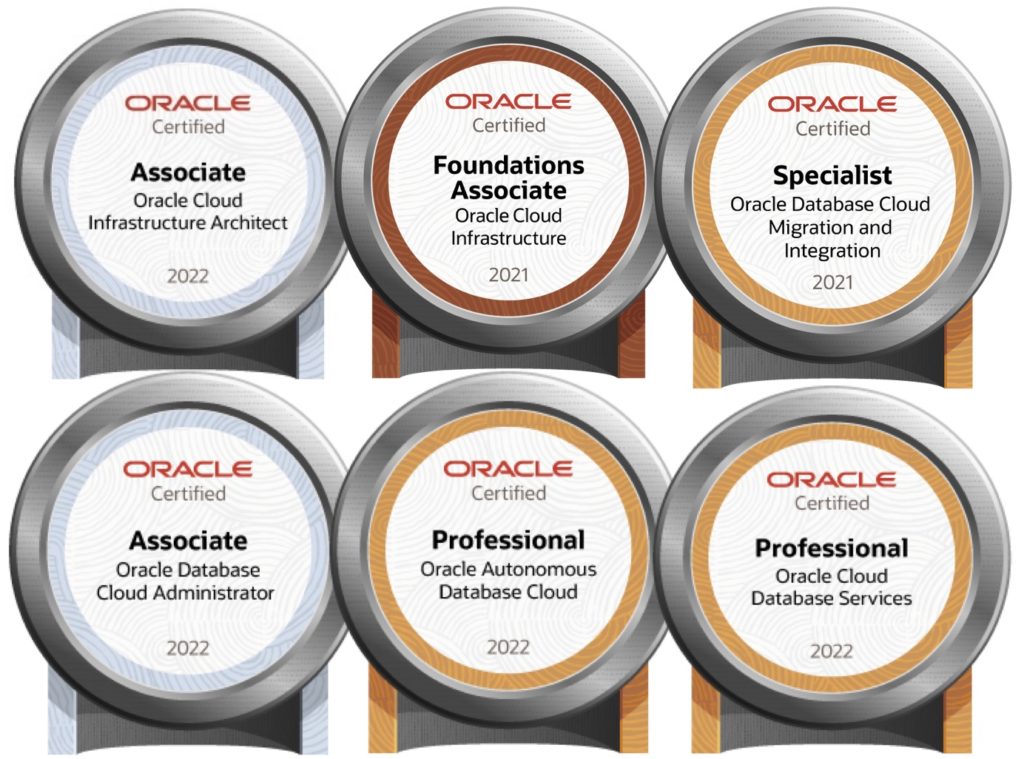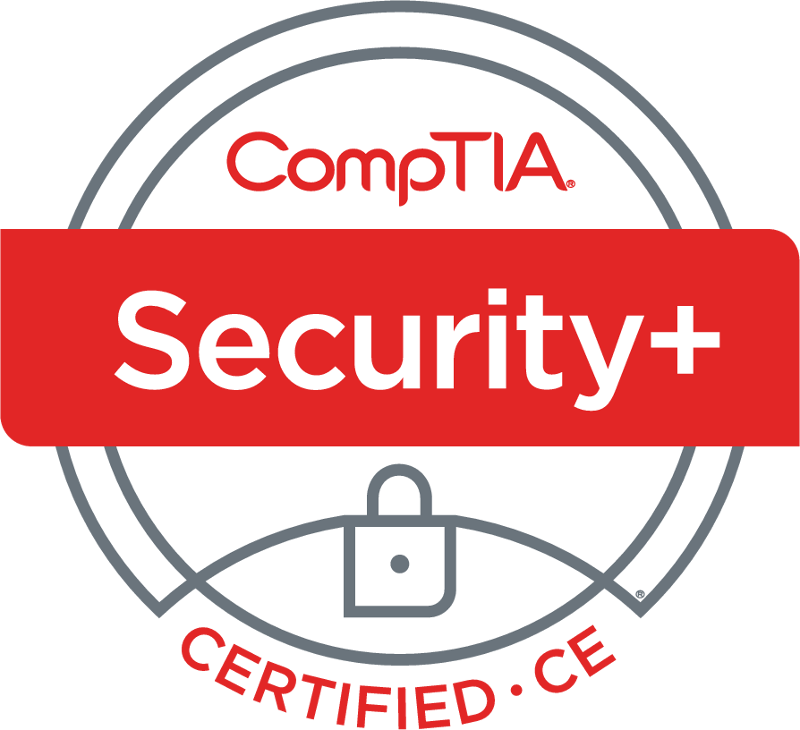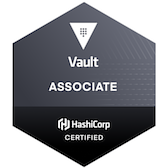Oracle Enterprise Manager is a complex piece of software that many organizations are running now. Some organizations set out with a formalized naming standard; some do not. Those who do not ofter end up identifying a naming standard later down the road and then making requests to change the names of the targets being monitored. In order to do this, there are two ways:
1. Delete and rediscover the target and rename at time of discovery
2. Change the name from the backend using EMCLI
The first way is painful to say the least, especially when you have thousands upon thousands of targets. So this post is going to focus on how to change the name from the backend using EMCLI and a few other little tips.
EMCLI is a nice tool to use. It provides two options for renaming of targets. The first option is rename_target and the second is modify_target. The rename_target option is used to rename the target on the repository side, while the modify_target option is used to rename at the agent level. Both options are required when renaming a target because the target needs to stay in-sync to retain the history of the target.
To make this process a bit more automated, I’ve created a perl script that will do the renaming for me based on information in a space delimited flat file. The script is as follows:
#!/usr/bin/perl -w
use strict;
use warnings;
##########################
#Notes
##########################
#
#To help with renaming the entity_name in the repository database,
#comment out block of code in SYSMAN.EM_TARGET from line 8028 thru 8035
#
##########################
#GLOBAL Variables
##########################
my $oem_home_bin = "";
my $time_now = localtime();
my ($variable, $sysman_pwd) = @ARGV;
my $count = 0;
my @columns;
##########################
#Main Program
##########################
open (FILE, "< $variable") or die "$!\n";
@columns = ("", 0, 0, 0);
print "\nStart time: ".$time_now."\n";
emcli_login();
while()
{
my $line = $_;
@columns = split(' ',$line, 4);
rename_target(@columns);
$count = $count+1;
} #end file read
close (FILE) or die "$!\n";
my $end_time=localtime();
print "\nNumber of changes: ".$count;
print "\nEnd time: ".$end_time."\n";
emcli_logout();
##########################
#Sub-Programs
##########################
sub emcli_login{
print "\n";
system($oem_home_bin.'/emcli login -username=sysman -password='.$sysman_pwd);
system($oem_home_bin.'/emcli sync');
print "\n";
}
sub emcli_logout{
print "\n";
system($oem_home_bin.'/emcli logout');
print "\n";
}
sub rename_target{
#Parameters
my ($target_name, $target_type, $server_name )=@columns;
my $mod_target;
my $new_name;
my $cmd;
my $cmd1;
if ($target_type =~ /rac_database/)
{
chomp($target_name);
chomp($server_name);
$mod_target = $target_name;
$target_name = substr($target_name, 0, -4);
$new_name = $target_name."_".$server_name;
#print $new_name;
print "\n";
$cmd = 'emcli modify_target -name="'.$mod_target.'" -type="'.$target_type.'" -display_name="'.$new_name.'" -on_agent';
print $cmd."\n";
#print "\n!!!!Executing on agent side!!!!\n";
#system($oem_home_bin.'/'.$cmd);
$cmd1 = 'emcli rename_target -target_type="'.$target_type.'" -target_name="'.$mod_target.'" -new_target_name="'.$new_name.'"';
print $cmd1."\n";
#print "\n!!!!Executing on repository side!!!!\n";
#system($oem_home_bin.'/'.$cmd);
}
}
Notice that I’m doing the renaming at the agent side along with the repository side. Although this looks pretty simple and straight forward, I’ve found that the EMCLI command to rename (rename_target) is actually driven by the package EM_TARGET in the SYSMAN schema. There is a small set of code in this package that will prevent renaming of certain target types if they are currently being monitored and managed by OEM.
To identify what targets are managed, the following SQL can be used:
SELECT ENTITY_TYPE, ENTITY_NAME, DISPLAY_NAME FROM EM_MANAGEABLE_ENTITIES WHERE ENTITY_TYPE='oracle_database' and promote_status=3 and manage_status=‘2';
The SQL above will provide you with the target type (entity_type), name (entity_name), and display name (display_name). These three columns are important because they directly correlate to what you will see in OEM. About 90% of the screen in OEM use the display_name column. The other 10% of the screens use the entity_name. When you start renaming, you will want these names to match, just keep in mind they may not over the long haul.
Now, back to the code in the EM_TARGET package. When renaming targets, some target will report back that the target cannot be changed. This is due to the target already being managed by OEM. In order to by-pass this, you need to update the EM_TARGET package body and comment out a small set of code (make sure you back up the package before doing anything). The lines of code that need to be commented out are between 8028 and 8035.
-- we will implement rename of agent side targets when it is fully
-- supported by agent
--IF ( l_trec.manage_status = MANAGE_STATUS_MANAGED AND
-- l_trec.emd_url IS NOT NULL)
--THEN
-- raise_application_error(MGMT_GLOBAL.INVALID_PARAMS_ERR,
-- MGMT_GLOBAL.INVALID_PARAMS_ERR||' Not allowed') ;
--END IF ;
After commenting out these lines of code, recompile the package. Then you will be able to rename repository targets using EMCLI even though they are already managed targets. This will effect the entity_name column and allow you to update the other 10% of pages that are not immediately changed.
Another way to change names of targets once the EM_TARGET package has been updated, is to use SQL to make the changes.
exec sysman.em_target.rename_target(target_type, current_name, new_name, new_name); commit;
Once the commit has happened, then the OEM pages can be refreshed and the new entity_name will be displayed.
Well, I hope this has provided you some explanation on how to change existing targets within the EM framework.
Enjoy!
about.me: http://about.me/dbasolved
Current Oracle Certs

Bobby Curtis

I’m Bobby Curtis and I’m just your normal average guy who has been working in the technology field for awhile (started when I was 18 with the US Army). The goal of this blog has changed a bit over the years. Initially, it was a general blog where I wrote thoughts down. Then it changed to focus on the Oracle Database, Oracle Enterprise Manager, and eventually Oracle GoldenGate.
If you want to follow me on a more timely manner, I can be followed on twitter at @dbasolved or on LinkedIn under “Bobby Curtis MBA”.


